Sport watches buying guide
Pro tips for choosing the best sport watch for you
A sports watch can be a great training tool. But with so many to choose from, how do you pick the right one? This article will help you narrow down your choices to a sports watch that meets your needs.
Are you training for a big event? Or do you just want to track your activity and take better care of yourself? Either way, a sports watch may be just what you need to reach your goals. Today's sports watches have come a long way from a simple stopwatch on a wristband. Most models feature GPS tracking for speed and distance, and they can track and record a variety of sports and activities.
As you'll see, today's sports watches have many capabilities, so finding the right watch for your needs means you'll need to ask yourself some questions along the way. In this article, we'll help guide you through the process. And if you have any questions, you can contact one of our advisors at any time. They're patient, friendly, and eager to help.
What is a sports watch?
Let's start with the basics. What is a sports watch? For our purposes, a sports watch should meet these criteria:
-
It should let you record and measure metrics for a number of different sports.
-
It should be functional, durable, and water-resistant
-
It should resist shocks, bumps, and scratches
Simple enough, right? Well, maybe not. The many smartwatches that have come onto the market are usually equipped with a number of sports apps, useful for tracking your morning run or other activities. And that may be perfectly fine for you.

Many smartwatches are equipped with sports features.
But for the purposes of this article, we'll lean into "functional" and "durable," and keep our attention focused on watches that are designed with sports tracking as their primary function.
What features do you need in a sports watch?
The first step in shopping for a sports watch is deciding what features you need. Here's a quick rundown of some of the most common sports watch features that our customers look for. We'll go into more detail after this list.
GPS tracking. It's almost a given that a modern sports watch can track your position using one or more satellite tracking systems. This is used to determine distance and speed, but some watches go further and support on-screen maps as well.

GPS lets you know how far and fast you've traveled. And if you have maps on your watch, you'll know where you are as well.
Heart rate tracking. Is your work paying off? Many sports watches have built-in heart rate monitors or work in conjunction with external heart rate straps. This allows them to provide real-time feedback on how hard you're working, and also track your fitness gains over time.
Sports compatibility. Sports watches do a lot more than just track your daily run. Most have profiles for sports like cycling, swimming, strength training, and even golf. And they'll track your daily walk with Rover just as well!
Depending on your sport, you may find it useful for your sports watch to communicate with other devices, like a chest strap heart rate monitor. This is particularly useful for cyclists using devices like power meters or cadence sensors.
Smart features and app compatibility. Why limit your sports watch to sports? Many sports watches can also be classified as smartwatches, providing you with access to notifications, pay apps, and more.
Music control and storage. If you need that beat when you're working out, choose a sports watch that'll support you. There are sports watches that can control your smartphone's music from your wrist and even watches with built-in music storage.
Display, battery life, and build quality. You may like the idea of a touchscreen display, or maybe buttons are more your style. You've got options with today's sports watches. And are you planning a backcountry expedition, doing some snorkeling or diving, or just getting down and dirty? You'll want a watch that's rated for the activities you'll be taking on, and that has the battery life you need.
Now let's examine each of these features in more detail.
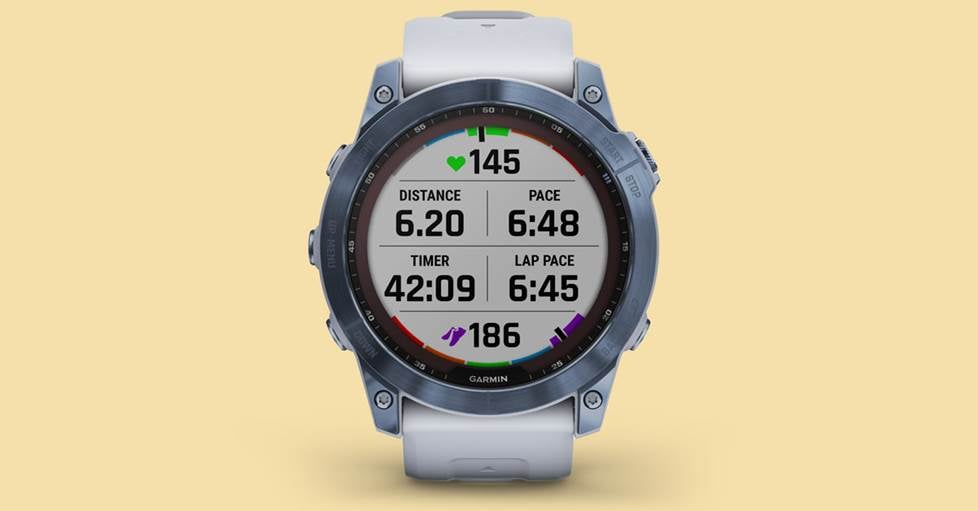
GPS provides accurate information on distance, pace, and more.
GPS tracking
Sports watches use GPS to track your pace and distance, so you'll have an accurate record of how far and how fast you've gone during your run, hike, bike, or open-water swim. Combined with data on elevation change, heart rate, and other metrics, this will give you a detailed look at what you've achieved during your exercise session.
Some sports watches even have maps built in, so you can check and track your location during your activity. If your activities take you off the beaten path, or even off the grid, this can be important information for you to have.
If having the most accurate track is important to you, keep an eye out for "Multi GNSS" capabilities. Watches with this feature can access multiple GNSS (Global Navigation Satellite Systems) systems, such as GPS, Galileo, and GLONASS, to provide the most accurate positional information.
Heart rate tracking
Many sports watches can track your heart rate during exercise. Knowing what your heart rate is during your workouts can help you measure your efforts and exercise at the proper intensity to improve your fitness more quickly.
Until recently, tracking your heart rate required an extra piece of gear, a heart rate monitor strapped to your chest. These devices can provide very accurate readings but they're not very convenient to use, and your watch must be able to communicate with it to use it. Many sports watches now feature wrist-based heart rate monitoring. This is a convenient alternative to heart rate straps, and it also allows your sports watch to monitor your heart rate during the day or even when you sleep.

The Garmin's Forerunner 255 has over 30 activity profiles, including triathlon mode
Sports compatibility
You'll sometimes see sports watches referred to as "running watches." But they can do a lot more than track your morning run.
Most sports watches have the option to record your activity for specific sports. Popular options include running, cycling, strength training, hiking, rowing, and many more. There are some good reasons why having many different sports tracking options can be useful to you.
Relevant data display. With a specific sports profile on your watch, you can easily keep track of the data that's important. For example, your pace and the distance you've covered when you're running. Some watches even allow you to customize the data fields it displays when you're performing a specific activity.
Performance analytics. The type of data you collect during an activity can be very dependent on the sport you're engaged in. If you're riding a bike, the amount of climbing you do (elevation change) can be very important. If you're swimming, the number of strokes you're taking is important. A good sports watch and compatible apps can use the information from your activity to track your progress and provide insights for improvement.
Goal setting. A watch that can break down your activity will make it much easier to reach your goals over a period of time, whether it's how far you've run, how much you've climbed on your bicycle, or many other metrics that are important to you.
One more important note about sports compatibility. Some sports, particularly cycling, benefit from the data provided by external sensors. In the case of cycling, these can include cadence sensors and power meters, among others. If you're using these, look for a watch that supports external sensors via Bluetooth or other standards, like ANT+.
Smart features and app compatibility
Nothing can kill a workout faster than having to fumble for your phone when a text or call comes in. But if your sports watch has smart features, you can keep the endorphins flowing.
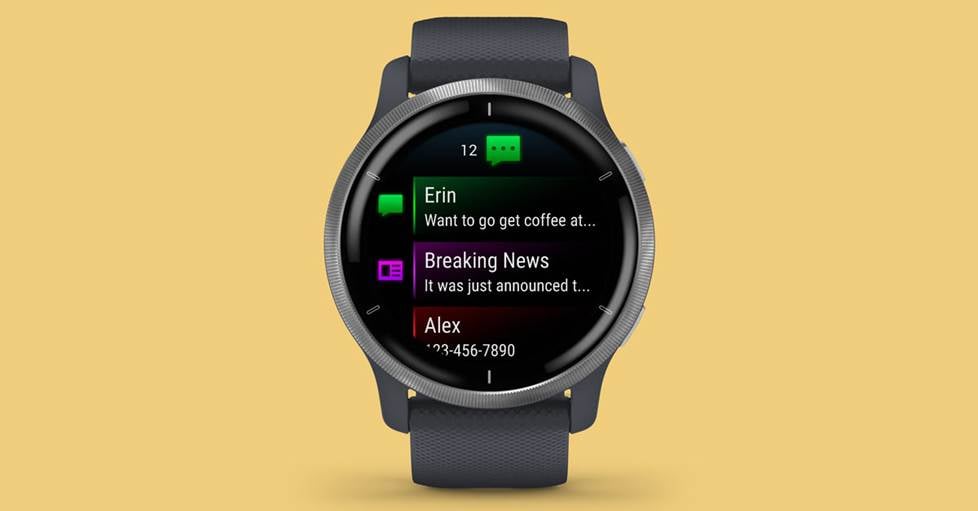
Smart features let you stay in touch without pulling your phone out of your pack or pocket.
If you want to stay connected during your run or other activity, look for a sports watch that will pair with your phone for smart notifications. These watches will notify you of calls, texts, or of alerts from devices like doorbell cameras if you like.
That connectivity can work both ways. Many sports watches will provide live tracking during your race or workout, so family members and friends can keep track of your progress. And these watches can automatically upload your workouts to fitness-tracking apps as well.

No need for a phone or data connection, Forerunner 255 Music has a built-in memory for over 500 songs, enough music to get you through the toughest workout, race, or even a long walk with your canine buddy.
Music control and storage
If you're like a lot of people, listening to music, a podcast, or an audiobook during your workout is an essential part of your routine. If that's the case, you can find a sports watch that will help you enjoy your audio fix.
Many sports watches will pair with your phone so you can wirelessly control the music stored or streamed from your phone. That's a handy feature — you'll be able to control the basic functions of most popular streaming apps from the watch, and you won't need to pull your phone out in the middle of your run to change tracks or pause the music.
If you want to take things a step further, look for a sports watch with built-in music storage. With built-in music storage, you can add music to your watch and listen to your favorite content without taking your phone with you.
Display, battery life, and build quality
And there's even more to consider!
Display features. Touchscreen controls are becoming more common with the newest generation of sports watches. You may find a touchscreen display useful if you're using a lot of the watch's features since they're often more intuitive to use than buttons. And if you're looking for a bright color display, many of these watches feature vibrant AMOLED faces with numerous face options.
Battery life. Running out of battery can be a minor aggravation if you're taking your daily run, or a major problem if you're on a multi-day expedition. Consider how long your activities will be when choosing a watch. If you really need some extra battery life, check out models with solar charging.
Build quality. Brand-name sports watches are all built well, but there are differences in what they're designed to handle. In particular, be sure to check out the specs for water resistance if your plans include being in or under the water. And if there's a chance of bushwhacking in your future, look for watches with scratch-resistant lenses.
Summing it up
Today's sports watches perform feats that would have been unthinkable even a few years ago. These versatile instruments can track almost any kind of sport and provide lots of useful insights into your condition and athletic performance. And most look great when you're out on the town as well!
If you're shopping for a sports watch, don't hesitate to contact us if you have any questions. Before you know it, our expert advisors will help you strap the perfect model to your wrist.





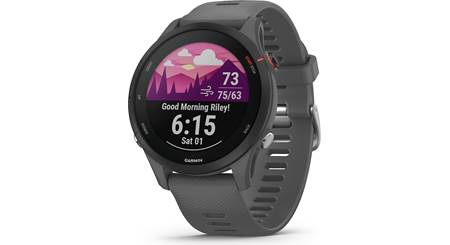
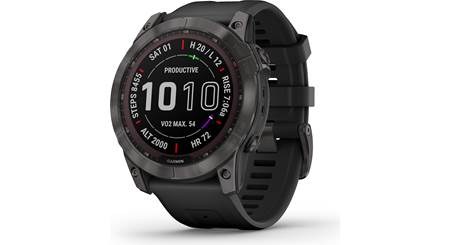
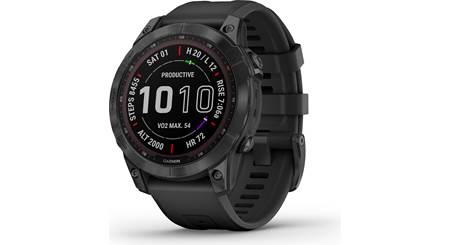
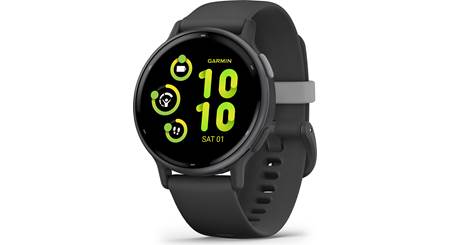



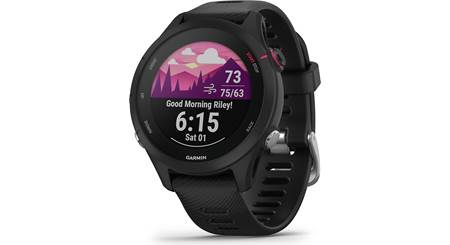
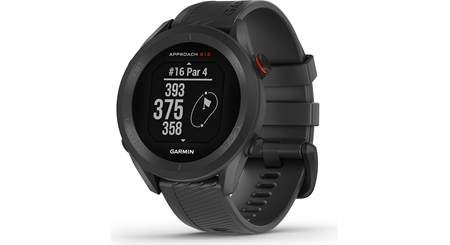
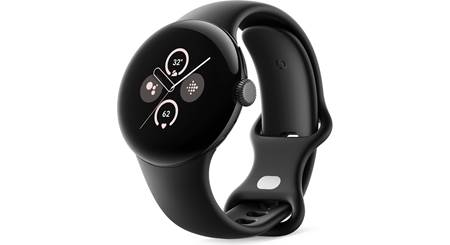


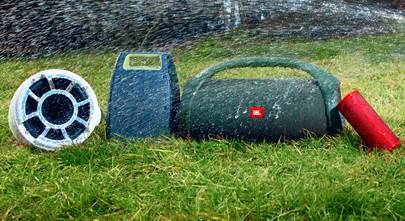
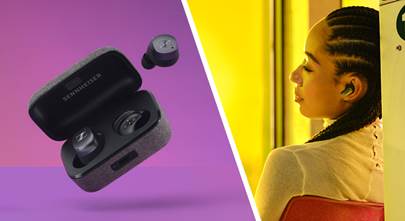
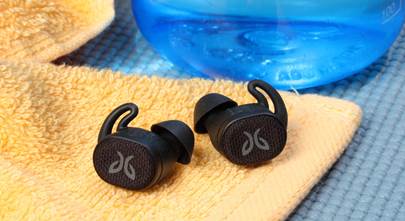
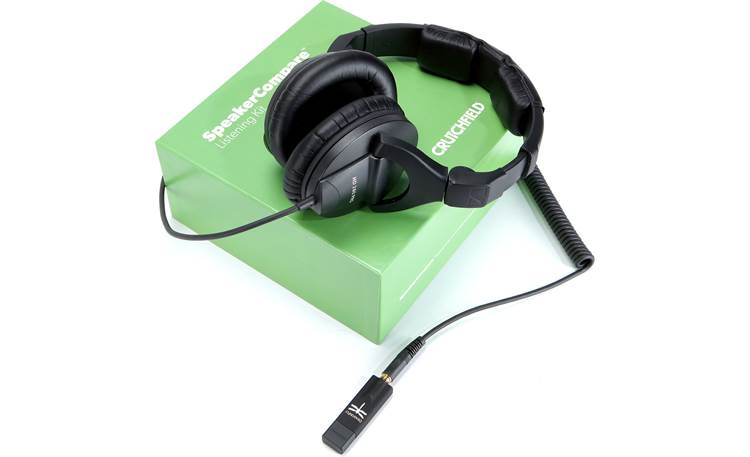
Comments (0)
Please share your thoughts below.